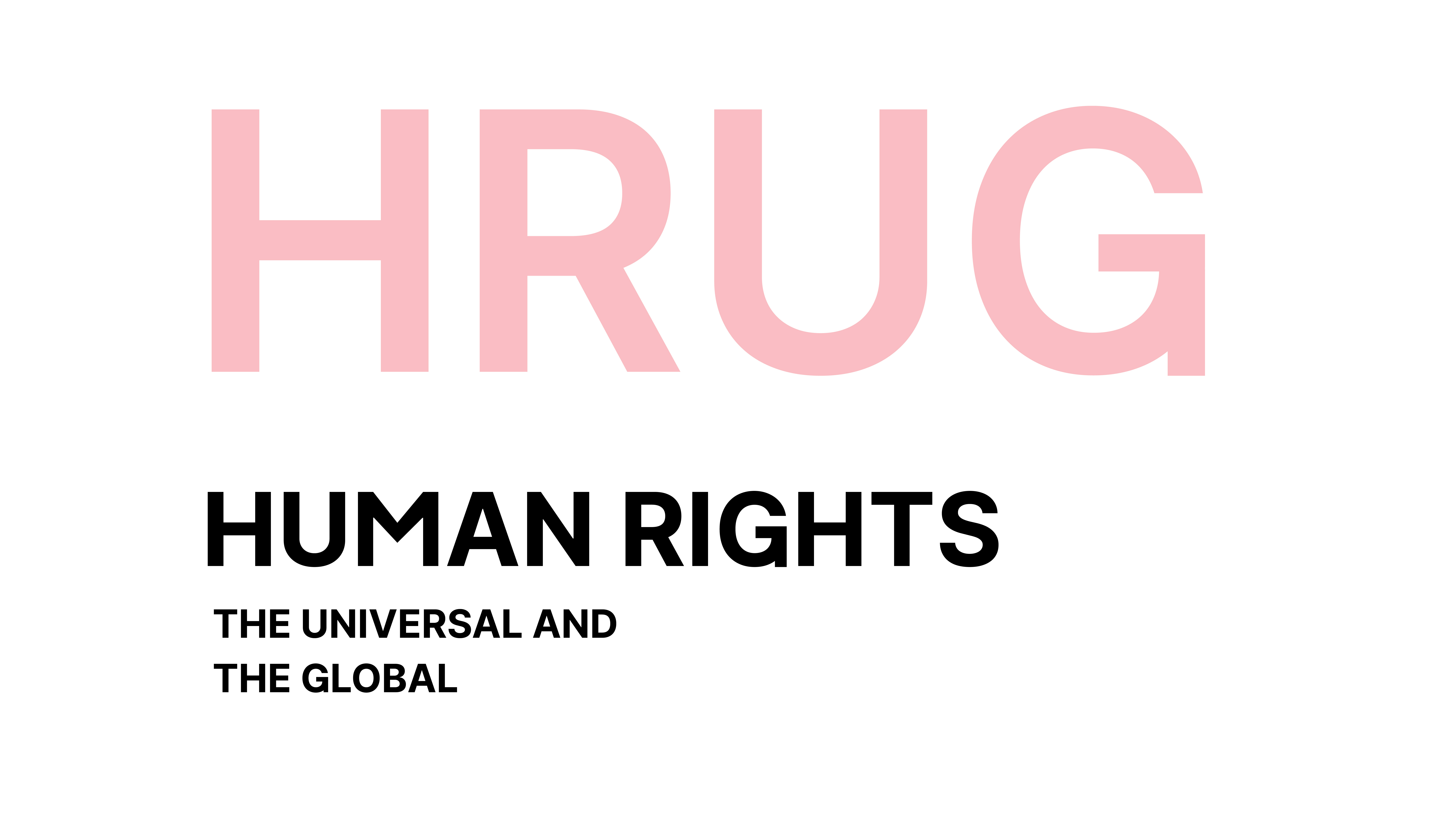On the 1st of August thousands of people gathered in Poland, 80 years after the Warsaw Ghetto uprising. The German Bundespraesident, Mr. Steinmeier, asked the Polish citizenry for apologies – for something that cannot be excused, while we may contest if today’s generation is “responsible” for what happened those days, asking for apologies for something that happened when many of today’s Germans hadn’t been even alive. But leaving these questions aside, there is something that must be considered when we talk about human rights and that “radical disrespect” humans – in the extreme case killing about 6 million Jews, up to 500,000 Roma people … by the fascists and in in some ways less serious breaches of human rights, today being manifest in the discrimination of women, people of colour, people of different sexual orientation etc . Of course, asking for apologies, admitting some kind of guilt, is important. However, what is about a kind of disrespect behind such apologies? Aren’t they at the end empty words, as long as they remain without material compensation, strict recognition of claims and not least strict application and even extension of anti-discrimination law. Aren’t they empty words as long as the governments only very reluctantly (if at all) pursues those statements that open the doors to a new genocide? As frightening the growing extreme right is, as frightening is the inaction of those in power.

This point is made cogently. Consider, also, whether it is far worse to deny human rights abuses altogether (pretending they are about national security, re-education into ‘correct’ political attitudes that support the existing regime).
At least the apology opens up the discussion (along the lines of the HRUG post); denial effectively says that there is nothing to discuss (‘move along, folks – nothing to see here’).
‘Apologies’ alone are not political actions in the sense of a necessary practice of an active human rights policy (and not in general either, by the way). The short text “From Words to Acrion” also points to this connection by addressing the question of material compensation, etc. As long as there is no unity between assurances and concrete political steps, every word of apology remains ‘moralizing’, which should not be confused with ‘moral’. This gap between assurances and implementation is, so to speak, the categorical problem of the human rights debate to this day. Denying human rights violations is a debate on a different level – albeit one that correlates with the above point. However, these levels should not be mixed up.